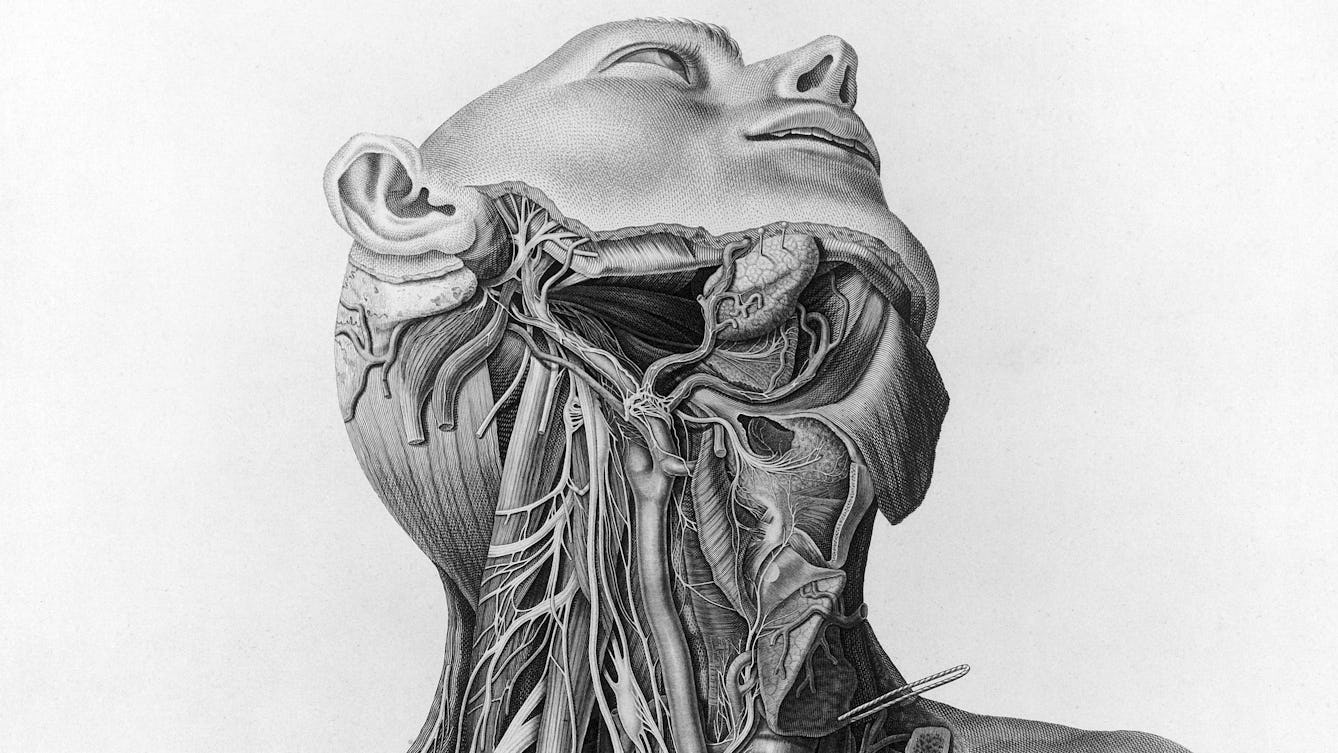
- Article
- Article
Book design, dissected
Gwen Smith talks to art director Peter Dyer about imagery, colour, type and staying true to the pages within.

- Article
- Article
Restoring disorder to ‘The Book of Disquiet’
Printer Tim Hopkins explains what making an extraordinary new edition of Fernando Pessoa’s book revealed about both the text and the mind.
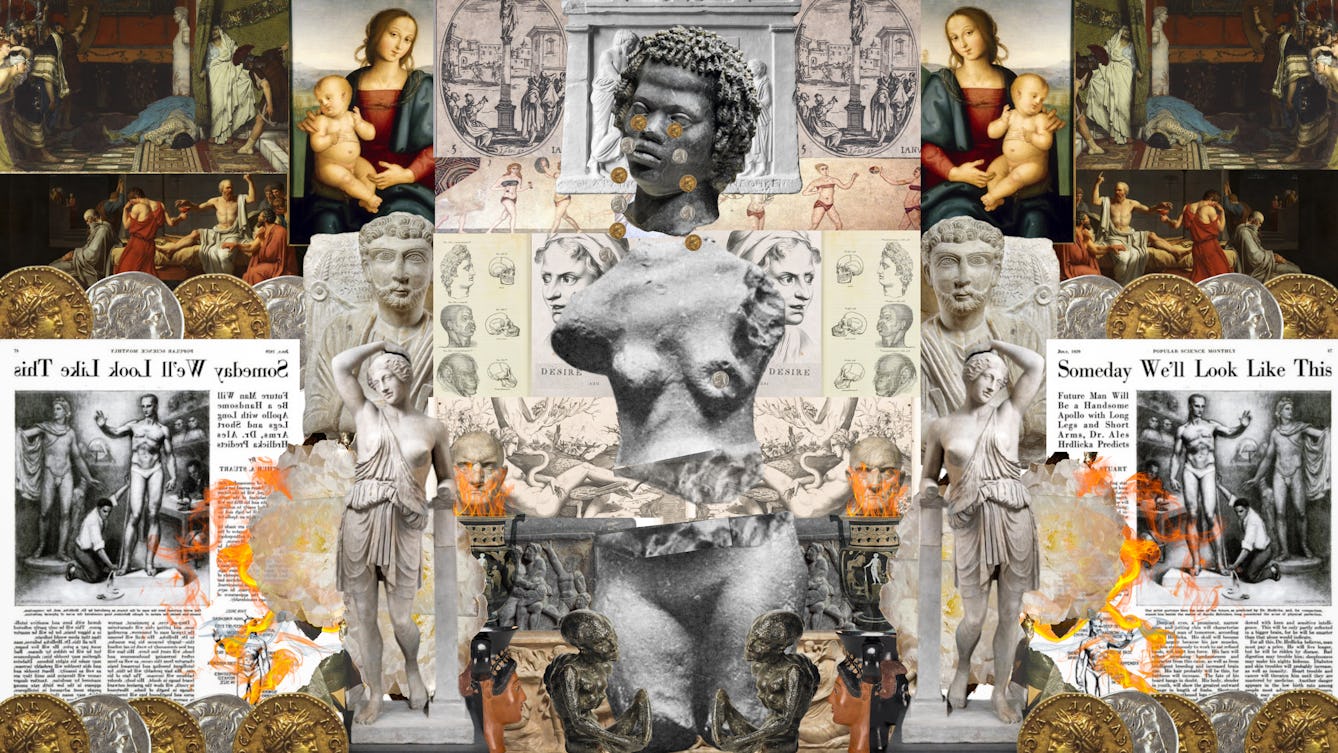
- Book extract
- Book extract
Naked, not nude
Classicist Caroline Vout argues that it’s time to take the dust covers off the Ancient Greeks and Romans, and to encounter their bodies not nude, but naked.
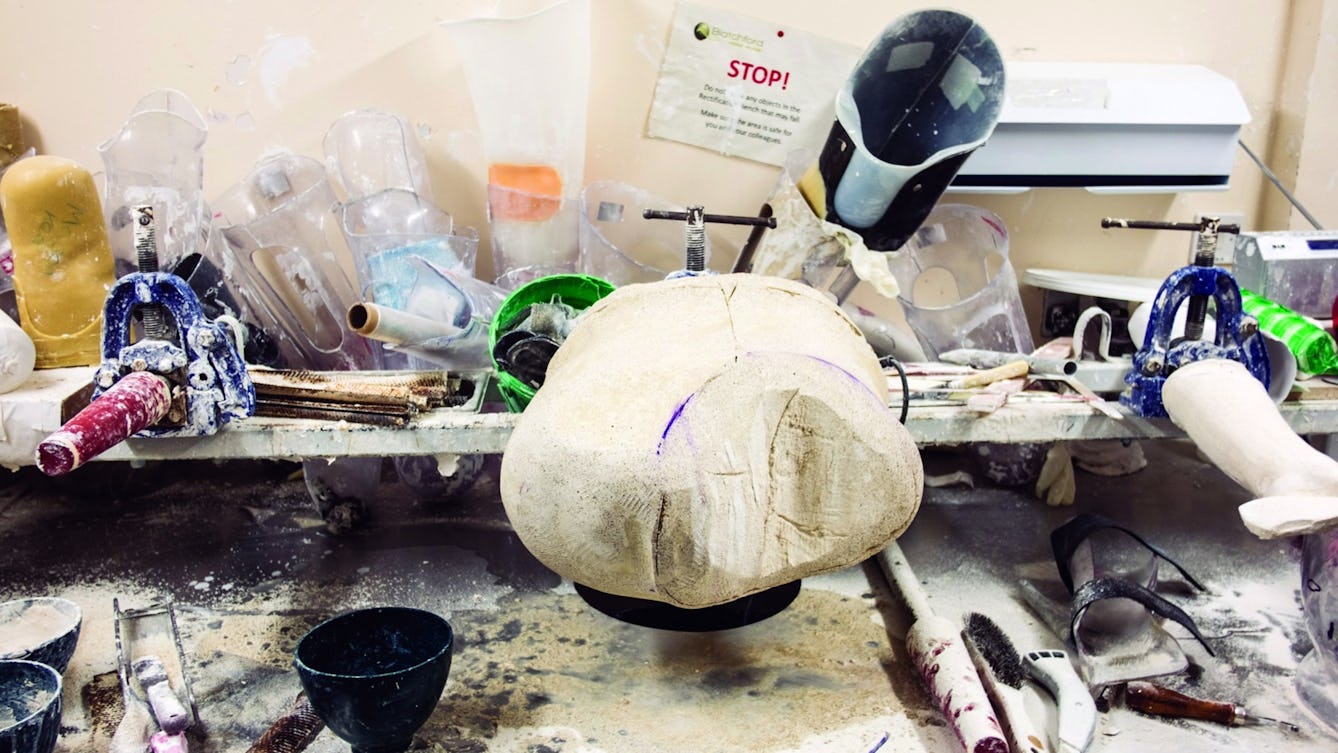
- Book extract
- Book extract
Sockets and stumps
Historian Emily Mayhew has met soldiers who have survived the seemingly unsurvivable. Here, she explores the part prosthetics play in the process of military rehabilitation.

- Book extract
- Book extract
The history of brainwashing
Is it possible to control what other people think? In this abridged extract from his book ‘Brainwashed’, psychoanalyst and historian Daniel Pick offers us a new history of thought control.
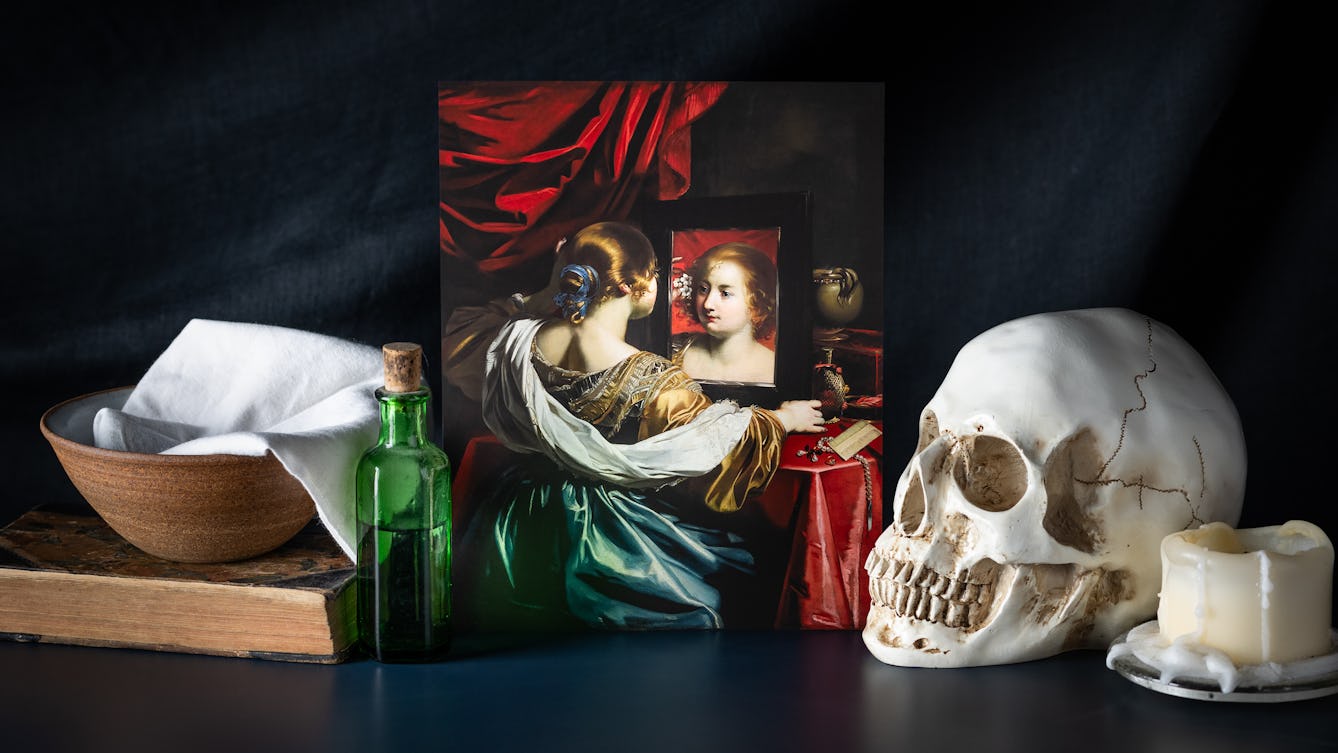
- Book extract
- Book extract
Renaissance women and their killer cosmetics
In this extract from ‘How to be a Renaissance Woman’, Jill Burke delves into a complex world of beauty products, poison and patriarchy – and reveals the impossible contradictions of femininity faced by 16th-century women.

- Book extract
- Book extract
The neuroscience of how we navigate
Christopher Kemp describes the mysterious case of Amanda Eller, a hiker who got lost in the woods. How can someone take a few steps off a well-marked trail and completely disappear?

- Book extract
- Book extract
My important, ridiculous nose
The nose is a much-maligned appendage, but it’s a powerful organ capable of invoking powerful emotions from past memories and sexual attraction.

- Book extract
- Book extract
Ayurveda: Knowledge for long life
The story of medicine in India is rich and complex. Aarathi Prasad investigates how it came to be this way.

- In pictures
- In pictures
The beautiful language of bookplates
Don’t judge a book only by its cover. Take a look inside, where decorative bookplates reveal stories that cross continents and centuries.

- Article
- Article
Found items
Books leave their traces in our minds, but we leave traces of ourselves in books too, as these fascinating items found inside old works show.

- Article
- Article
Chasing spring
Isabella Kaminski reflects on a transformative journey that saw her cycle the length of the UK, tracking the first signs of spring. She explores what the changing seasons can tell us about ourselves and the climate crisis.

- Article
- Article
Pain and the power of activism
Today, women with endometriosis have more access to better information than ever before. Jaipreet Virdi applauds the shared stories, online communities and self-help books empowering women in pain.

- Article
- Article
Medieval doodles
Fish, lute players and defaced demons: marginal doodles in some of Europe’s first printed books provide a tantalising glimpse into the late-medieval mind.
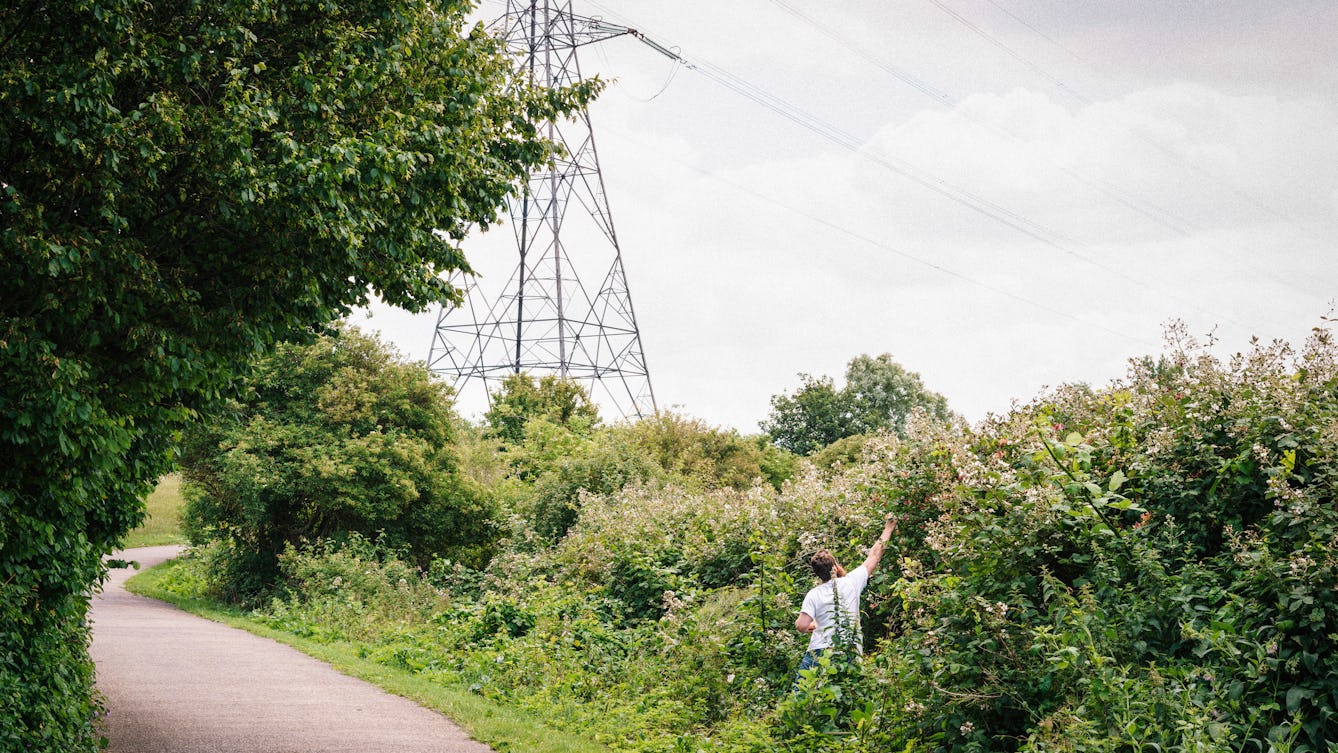
- Article
- Article
Foraging for a taste of the past
Follow tips from a professional forager to recreate delicious 18th-century recipes from plants growing wild in parks and on urban wasteland.
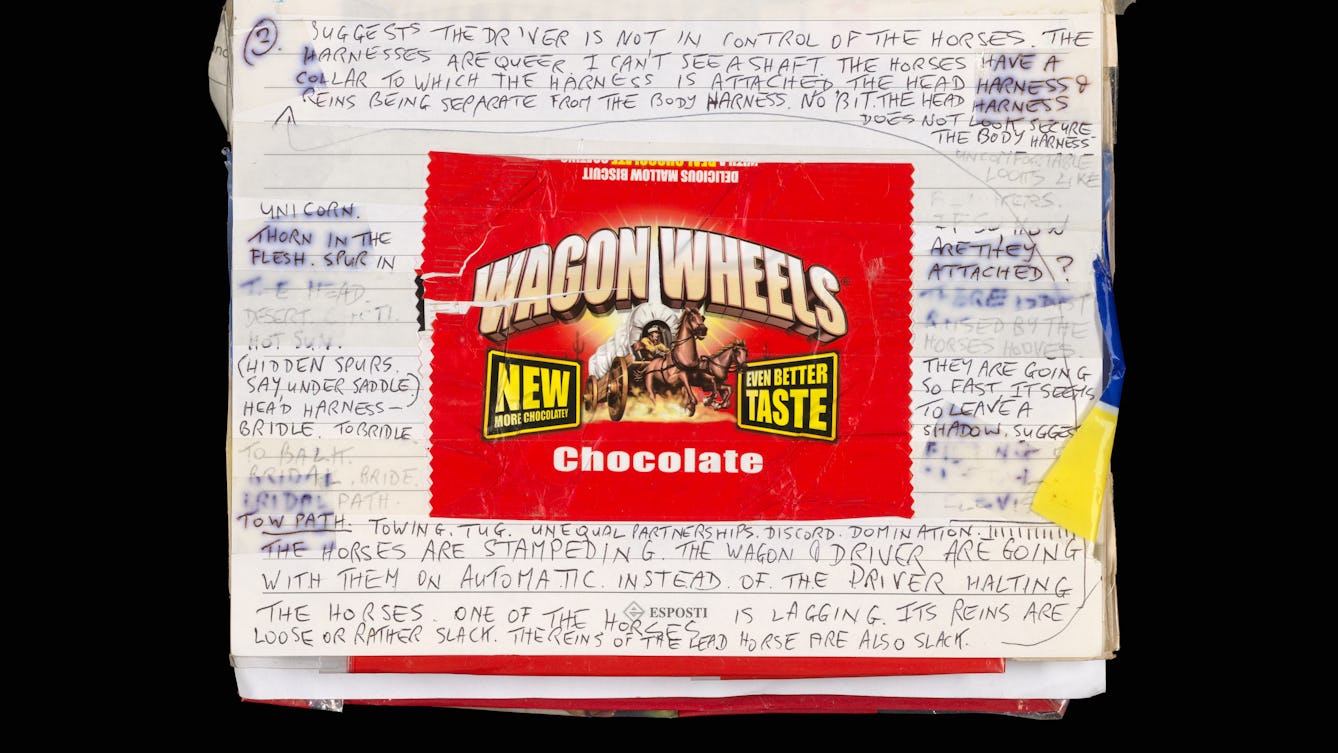
- Article
- Article
Cataloguing Audrey
Work begins in earnest to restore order to the archive Audrey Amiss kept of the minutest happenings in her life. Like detectives, the archivists search for subtle clues to chronology in the mass of materials.
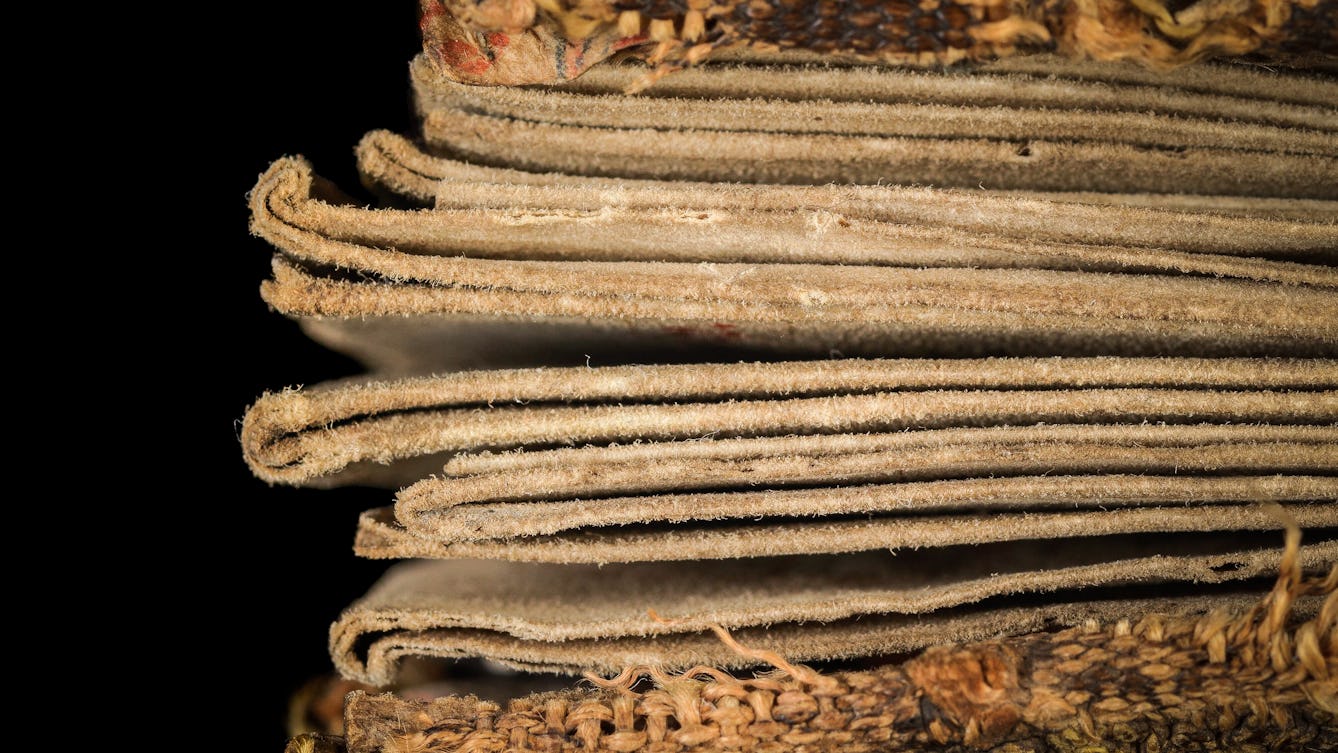
- Article
- Article
Divining the world through an artist’s almanac
Amanda Couch's artists book, 'Huwawa in the Everyday: an almanac' is inspired by the entrail like folds of a medieval folding and its function as a guide for astrological divinations linking the body, health and the heavens. Like the original almanac her work is designed to be carried out into the wider world.

- Book extract
- Book extract
“It wasn’t an accident that I came to you”
Douglas meets psychoanalyst Susie Orbach for a follow-up session, ahead of delivering a difficult verdict.

- Article
- Article
Digitising Audrey
Building digital images of what Audrey created means that her work can be frozen in time – for the digital version, at least, the process of decay is halted, and any number of people can view it without the risk of damaging it.
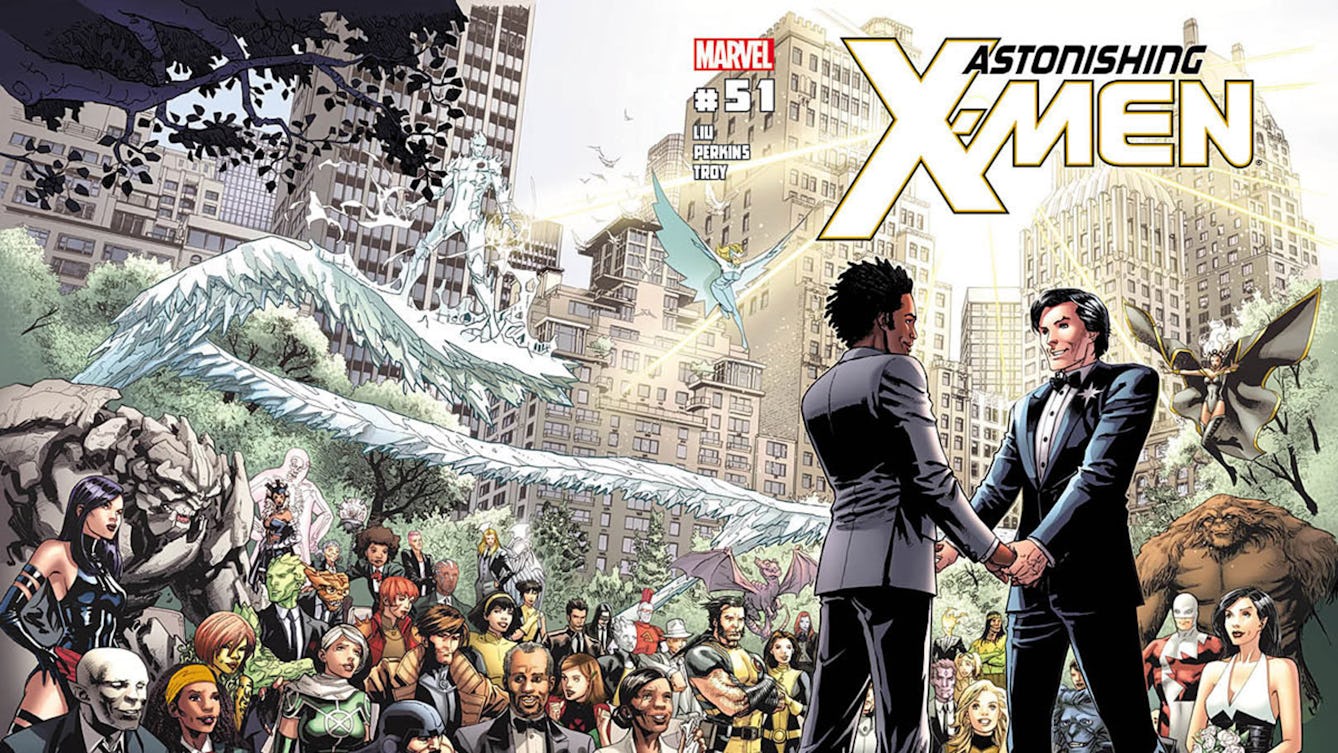
- Article
- Article
Sex in graphic novels
Sex and sexuality have long been explored in the history of the graphic novel.

- Photo story
- Photo story
Beautiful bedding and how to die well
When you are unwell, your bed can be both a refuge and a prison. Discover how artist Poppy Nash created a bed-centred artwork inspired by her own chronic illness and depictions of ill health from history.
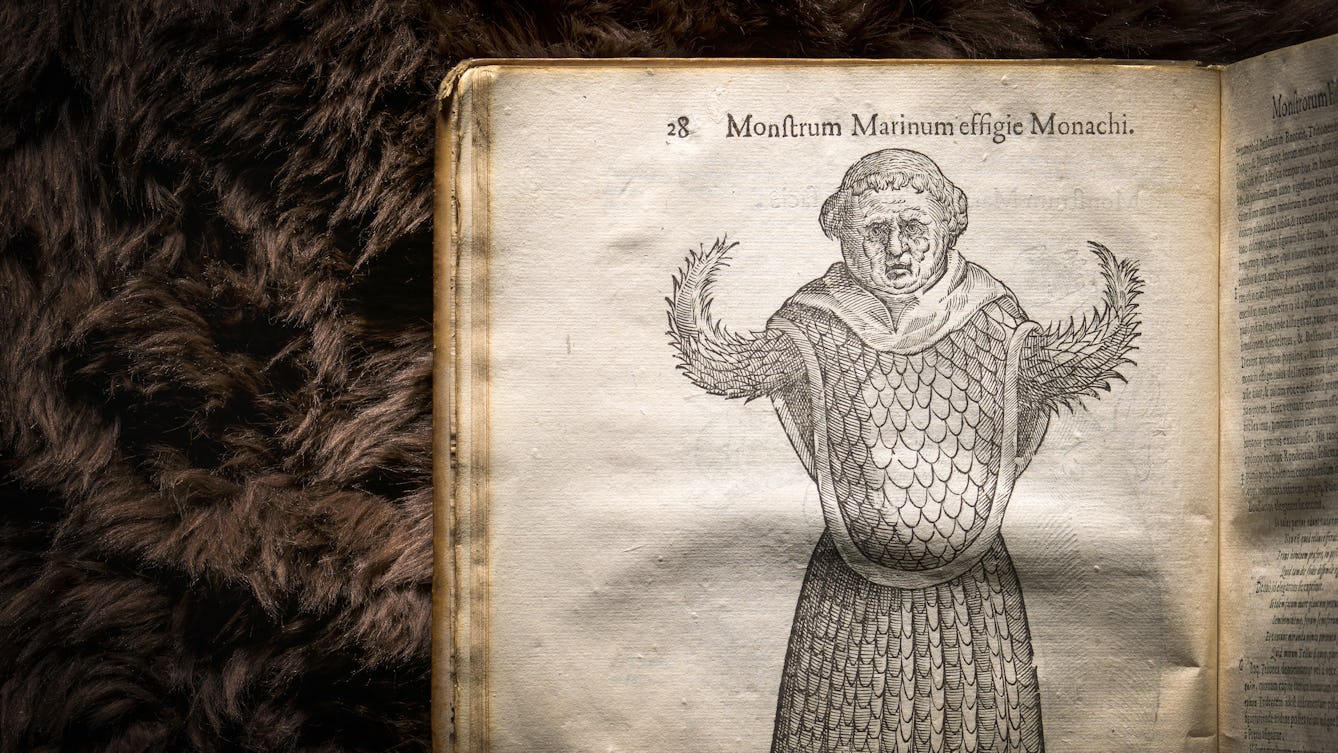
- Article
- Article
Fantastic beasts and unnatural history
Find out how a 17th-century compendium of the natural world came to present fantastical beasts –like dragons – as real, living creatures.
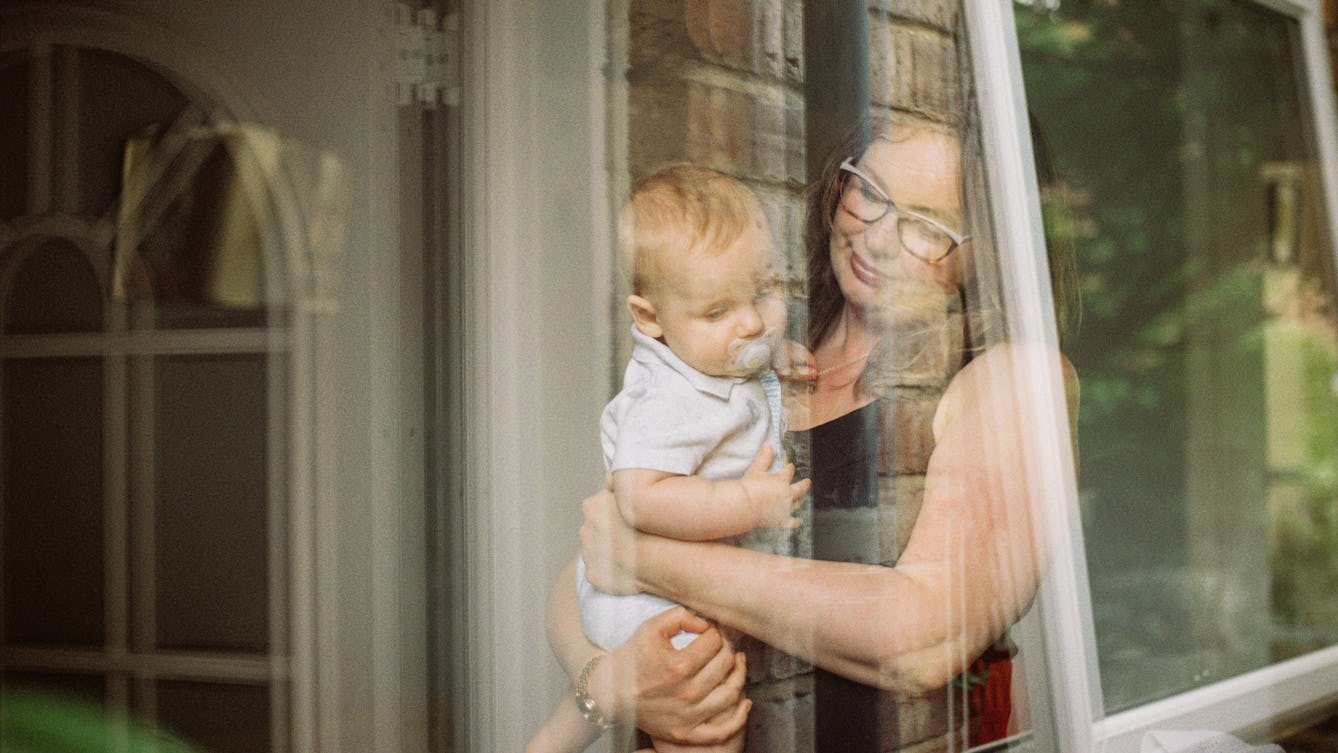
- Article
- Article
Birth, babies and boxes of memories
With memories of her baby in neonatal intensive care still fresh, Erin Beeston decides to unearth the poignant objects her family kept following births, going back as far as Victorian times.

- Article
- Article
The blood notebooks
Novelist Rupert Thomson explores his unusual behaviour during a time of self-imposed isolation.
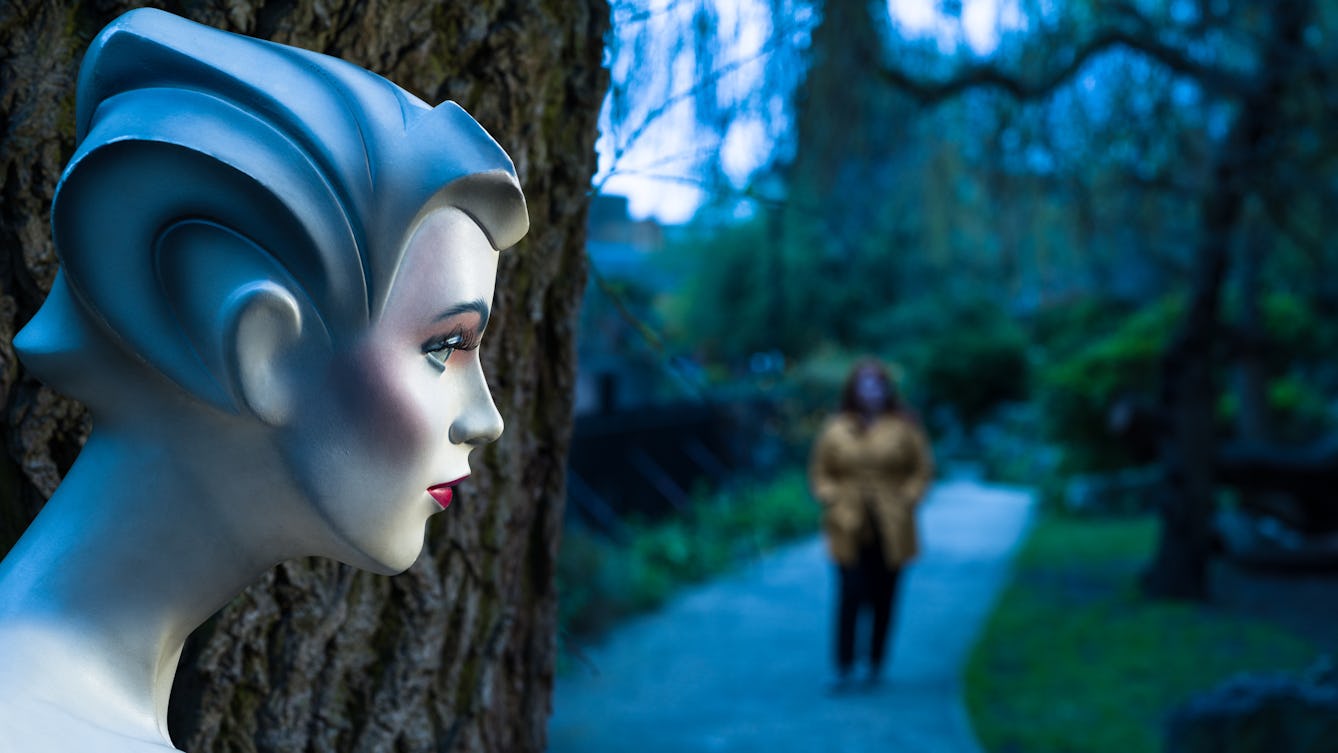
- Article
- Article
Why the scariest monsters look almost human
Something is wrong, but you’re not sure what. Amy Jones explores exactly why your worst nightmare is the monster that’s almost human.